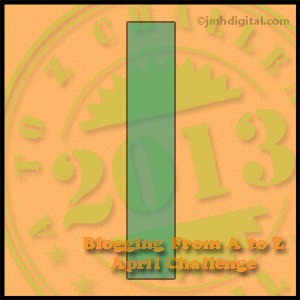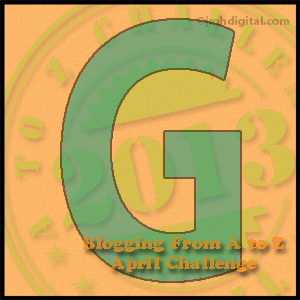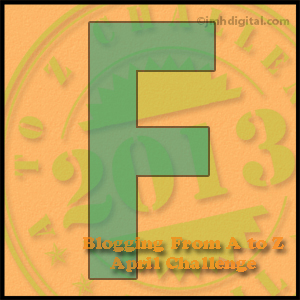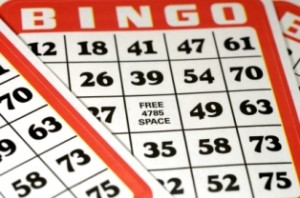 Should inclusion in an adventuring party be automatic? We always assume that when a player is present at the gaming table his character will be welcomed into the current adventuring party. The problem is that you can end up with some characters that just don’t really fit in. This might be because they’re a non-traditional race, different alignment, opposing religious beliefs, or some other off-the-wall and completely unexpected reason. The point is that players shouldn’t assume that whatever character they choose to create will automatically be awarded membership in an existing adventuring party.
Should inclusion in an adventuring party be automatic? We always assume that when a player is present at the gaming table his character will be welcomed into the current adventuring party. The problem is that you can end up with some characters that just don’t really fit in. This might be because they’re a non-traditional race, different alignment, opposing religious beliefs, or some other off-the-wall and completely unexpected reason. The point is that players shouldn’t assume that whatever character they choose to create will automatically be awarded membership in an existing adventuring party.
In order to weed out potential bad seeds, the party should conduct interviews of all potential candidates and choose the ones they want to let into the group. It’s not typically how things are done in D&D, but maybe it’s something we should begin doing on a regular basis.
Throughout April Dungeon’s Master is participating in the Blogging from A to Z Challenge. The challenge is to write a new article ever day in April, excluding Sundays. That’s 26 articles over the course of the month. To make things even more interesting the title of each article will begin with a different letter of the alphabet. Should the party have a chance to interview prospective new members? We find out as today “I” is for Interview.



